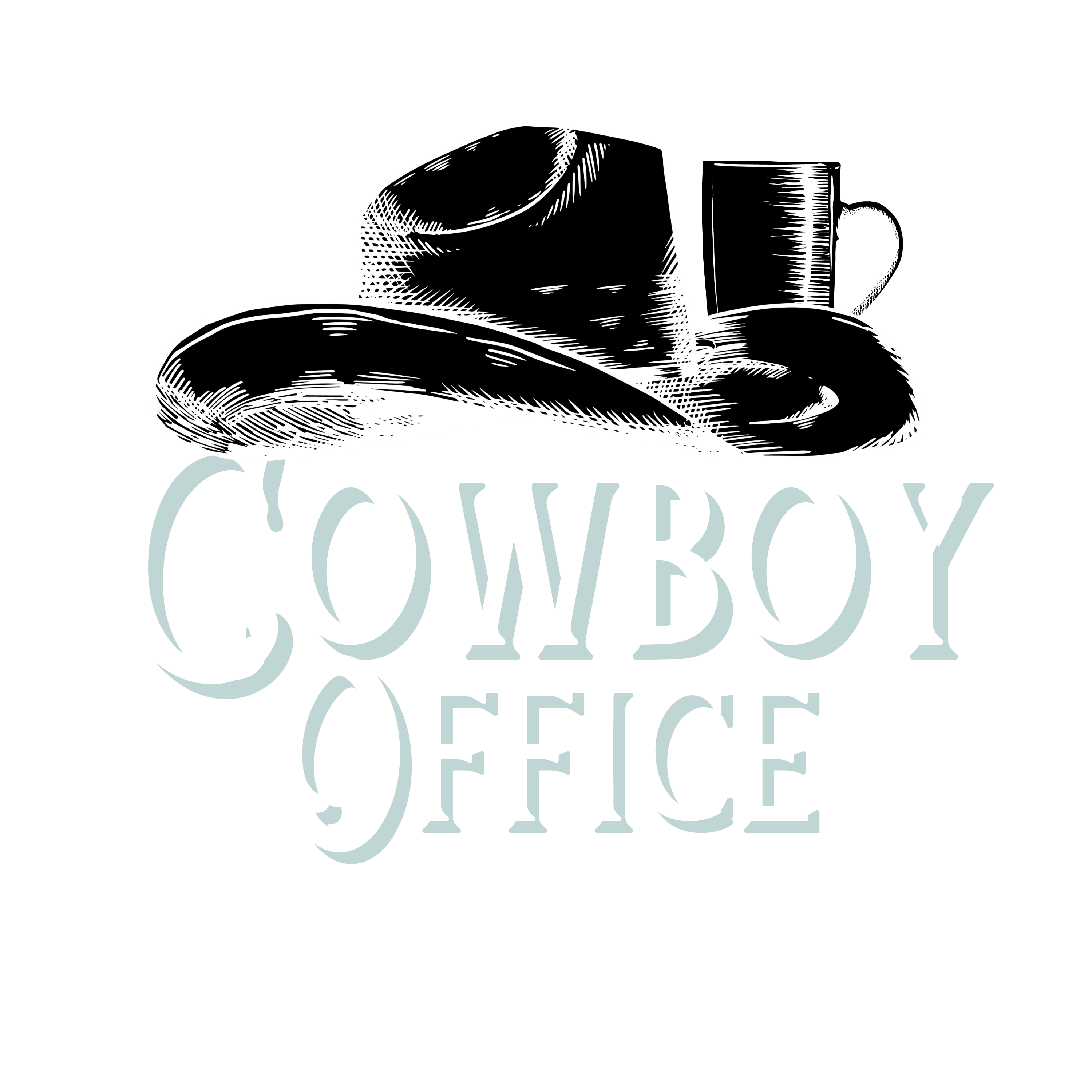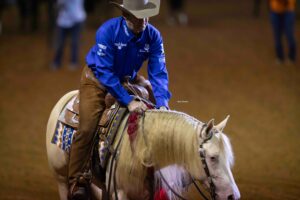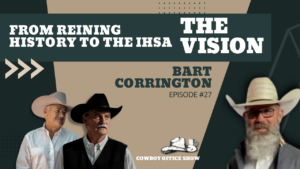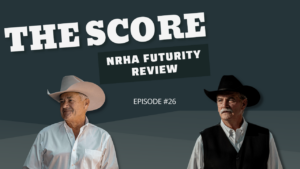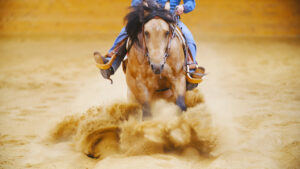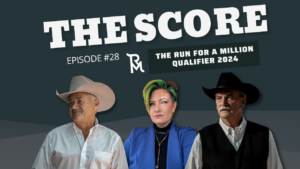
Ep 28: The Score – The Run For the Million Qualifier 2024 Review & Analysis
The top scores were three points lower than the 2023 qualifying scores. The numbers are in and the analysis is complete. What do the results from this years’ qualifier say? This episode compares 2024 to last year’s qualifying event.
